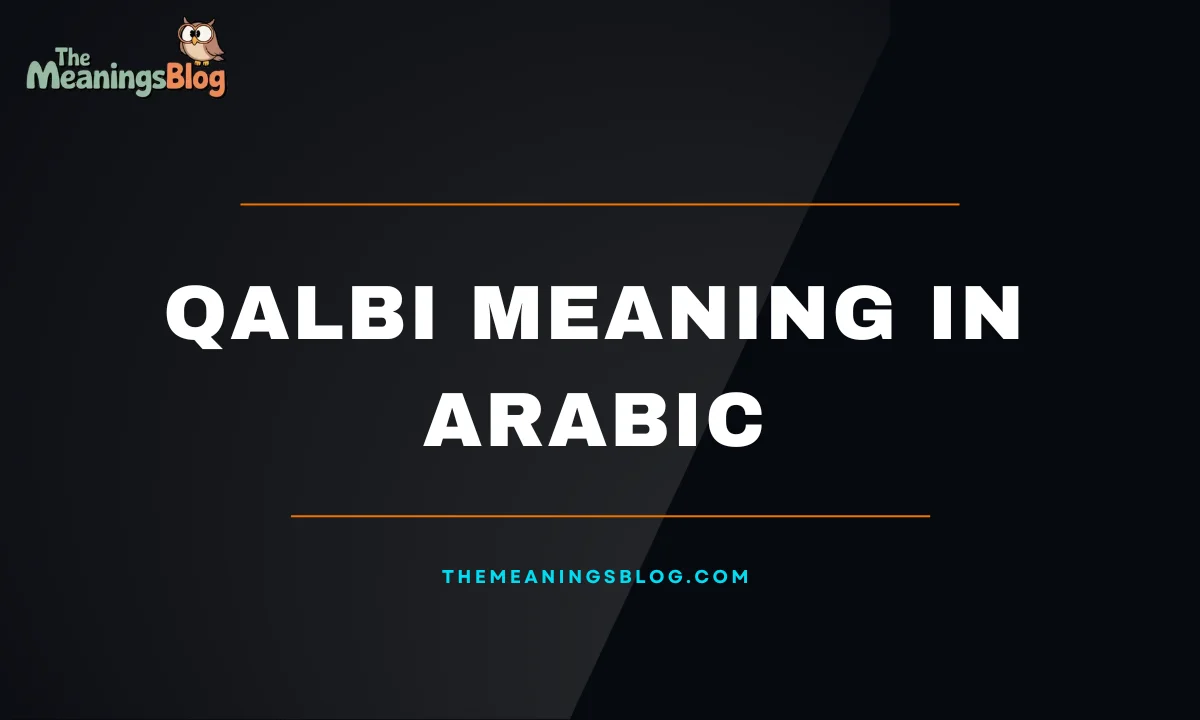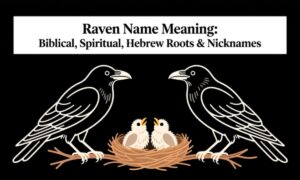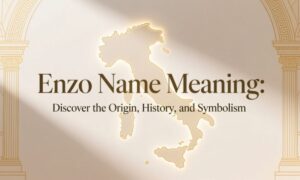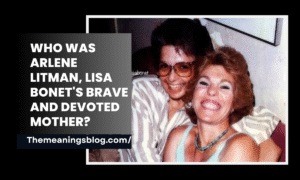Qalbi is a beautiful Arabic word that touches hearts. It carries deep emotions and connects people through language. This word appears in conversations, poetry, songs, and texts. Understanding qalbi helps you express feelings more naturally.
The term qalbi comes from the root word qalb. It shows possession by adding a suffix to heart. Learning this word opens doors to emotional Arabic expressions. You’ll discover how Arabs communicate love and affection daily.
What Does Qalbi Mean?
Qalbi (قلبي) directly translates to “my heart” in English. Arab people use it to show love, care, and connection. The word feels warm and personal in every context. It appears frequently in both formal and casual speech.
The base word qalb means heart in general terms. Adding the suffix -i makes it possessive and personal. This simple change transforms a common noun into intimacy. People use qalbi when expressing their deepest emotions daily.
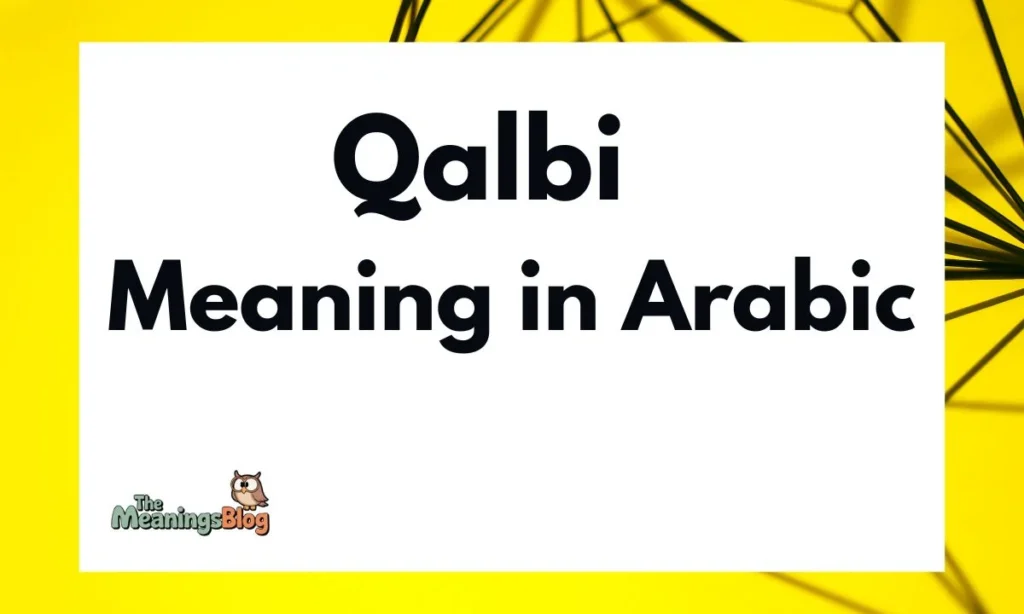
English Translation
The English equivalent of qalbi is simply “my heart.” It works in both literal and figurative language contexts. Native speakers understand its emotional weight without needing explanation. The translation captures both physical and emotional heart meanings.
When Arabs say qalbi, they mean much more deeply. It expresses ownership of feelings and personal emotional space. English speakers might say “sweetheart” or “my love” similarly. But qalbi carries a unique cultural and spiritual depth.
Read More: Habibti Meaning in Arabic
Different Emotional Uses of Qalbi
Qalbi works perfectly for expressing many different strong emotions. Arab people use it when feeling love, sadness, or joy. The context determines exactly what emotion it conveys. One word carries multiple meanings based on the situation.
The phrase ya qalbi often shows self-comfort or empathy. People say it when consoling themselves or showing care. It appears naturally in conversations about feelings and experiences. Social media posts and text messages frequently include qalbi.
- Showing deep love and romantic affection toward someone special
- Expressing heartbreak or sadness in difficult emotional moments clearly
- Conveying happiness and joy when celebrating good news today
- Demonstrating empathy when someone shares their painful struggles openly
- Comforting yourself during times of personal stress or worry
- Expressing spiritual connection when discussing faith and religious matters
Using qalbi makes your Arabic sound heartfelt and genuine. It adds emotional depth to simple everyday conversations naturally. Texts, poems, and songs all feature this powerful word. Learning when to use it improves your fluency significantly.
Linguistic Root of Qalbi
The word qalbi comes from the root q-l-b. This root relates to the heart, emotions, and inner transformation. Arabic builds many words from three-letter root patterns systematically. Understanding roots helps learners grasp related vocabulary faster today.
The q-l-b root appears in many emotional Arabic words. It represents both the physical organ and the spiritual center. Arab people see the heart as where feelings originate completely. This root system makes learning Arabic vocabulary more logical.
Origin from Qalb (Heart)
Qalb (قلب) is the base word meaning simply heart. Adding the suffix -i creates the possessive form qalbi. This grammatical pattern is common throughout the spoken Arabic language. It shows who owns the noun being discussed clearly.
Arabic grammar uses suffixes to indicate possession and ownership. This system appears in everyday speech and written texts. Religious books and modern literature both use this pattern. Understanding this structure helps you build correct Arabic sentences.
Possessive Forms in Arabic
Arabic creates possessive forms by adding specific suffix endings. These endings attach directly to the base noun naturally. Each suffix indicates a different person or group clearly. This system is essential for expressing personal relationships correctly.
- -i = my → qalbi (قلبي) meaning my heart
- -ka = your (male) → qalbuka (قلبك) your heart
- -ki = your (female) → qalbuki (قلبكِ) your heart
- -hu = his → qalbuhu (قلبه) his heart completely
- -ha = her → qalbuha (قلبها) her heart exactly
- -na = our → qalbuna (قلبنا) our heart together
These possessive forms appear constantly in daily conversations everywhere. Literature, poetry, and religious texts use them frequently too. Mastering these endings helps you speak Arabic more naturally. They’re fundamental to expressing emotions and personal connections properly.
Common Phrases with Qalbi
Qalbi appears in many popular Arabic expressions and sayings. These phrases help people express their deepest personal feelings. Using them makes your Arabic sound more natural overall. They show intimacy, love, and genuine care for others.
Arab people use qalbi phrases in texts and conversations daily. Songs and poems feature these expressions throughout their verses. Learning these common phrases improves your conversational fluency noticeably. They reflect how Arabs communicate emotions through their language.
Examples in Daily Use
Common qalbi phrases appear everywhere in Arabic communication today. These expressions work perfectly for showing sincere emotions clearly. Native speakers recognize them immediately without needing extra explanation. Using them correctly helps you connect with Arabic speakers.
Ana uhibbuka min kulli qalbi (أنا أحبك من كل قلبي):
This phrase means “I love you with all my heart.” Arab use it to express the deepest romantic love. It shows complete devotion and genuine heartfelt affection clearly. This is the most direct way to declare love.
Min a’maq qalbi (من أعماق قلبي):
It translates to “from the depths of my heart.” People say it when expressing very sincere emotions. This phrase adds weight to thank-yous and apologies naturally. It shows that feelings come from deep within you.
Qalbi maksur (قلبي مكسور):
This means “my heart is broken” in English. Arabs use it during sad or emotionally difficult times. It perfectly describes feelings of heartbreak and emotional pain. People say it after loss or deep disappointment.
Ant qalbi (أنت قلبي):
It means “you are my heart” very literally. This phrase expresses endearment toward someone very special. Parents say it to children and lovers use it. It shows that someone is deeply loved and cherished.
Ya qalbi (يا قلبي):
This translates to “oh my heart” in conversations. People use it for self-comfort or showing sympathy today. It appears when discussing emotional struggles or personal difficulties. The phrase sounds caring and deeply understanding always.
Qalbi yanabeḍ lak (قلبي ينبض لك):
It means “my heart beats for you” romantically. This phrase expresses deep love and lifelong commitment. It shows that someone makes your heart come alive. Lovers use it to express their eternal devotion.
Why These Phrases Matter
These qalbi phrases appear constantly in modern Arabic communication. Text messages, social media posts, and conversations include them. Using them helps you sound emotionally intelligent and natural. They reflect important Arabic cultural values about emotional expression.
Arabic culture sees the heart as emotions’ true center. It represents the spiritual self and human connection deeply. Learning these phrases helps you understand Arabs’ worldview better. They show how language and emotion connect in culture.
Read More: Elias Name Meaning in Arabic
Cultural and Quranic Significance
Arab Muslims consider the qalb the center of all human emotions. It represents wisdom, faith, and spiritual understanding in life. The heart connects the physical body with the soul. Islamic teachings emphasize the heart’s role in faith significantly.
Qalbi appears frequently in religious texts and cultural expressions. Literature and poetry use it to convey deep meanings. Understanding its significance helps you appreciate Arabic culture better. The heart symbolizes much more than just emotions alone.
Qalb in the Quran
The Quran mentions qalb many times throughout its verses. It symbolizes spiritual awareness and inner understanding of truth. Allah emphasizes the heart’s role in perceiving true reality. The Quran distinguishes between physical sight and spiritual perception.
فَإِنَّهَا لَا تَعْمَى الْأَبْصَارُ وَلَٰكِن تَعْمَى الْقُلُوبُ الَّتِي فِي الصُّدُورِ
This verse means “It is not the eyes that are blind, but the hearts within the chests.” Allah highlights that true understanding comes from the heart. Physical sight means nothing without spiritual awareness and faith. This verse teaches that wisdom lives in the heart.
رَبَّنَا لَا تُزِغْ قُلُوبَنَا بَعْدَ إِذْ هَدَيْتَنَا
This translates to “Our Lord, let not our hearts deviate after You have guided us.” Muslims pray for steadfast hearts in faith and worship. The heart can waver without Allah’s continuous guidance daily. This supplication shows the heart’s importance in maintaining belief.
Usage in Daily Life and Poetry
| Context | How Qalbi is Used | Example Phrase |
| Family Love | Expressing affection to parents and children | Ya qalbi (يا قلبي) – Oh my heart |
| Romantic Relationships | Declaring deep love to your special partner | Ant qalbi (أنت قلبي) – You are my heart |
| Comforting Friends | Showing empathy during their difficult times | Min qalbi (من قلبي) – From my heart |
| Poetry and Songs | Adding emotional depth to artistic creative expressions | Qalbi yanabeḍ (قلبي ينبض) – My heart beats |
| Spiritual Moments | Expressing devotion during prayers and religious reflection | Bi kulli qalbi (بكل قلبي) – With all my heart |
| Grief and Sadness | Describing heartbreak after loss or painful disappointment | Qalbi maksur (قلبي مكسور) – My heart is broken |
Common Misunderstandings or Mistakes
Many learners confuse qalb and qalbi in conversations regularly. Qalb means heart in general without personal connection. Qalbi specifically means “my heart” with possession shown. Using the wrong form completely changes your sentence meaning.
Dialect differences create confusion for Arabic language students everywhere. Egyptian Arabic uses alby instead of formal qalbi naturally. Gulf dialects might pronounce it slightly differently in speech. Understanding regional variations helps you communicate better with locals.
Technical & Uncommon Uses
Medical Arabic uses qalbi for heart-related technical terms. These words appear in hospitals and healthcare documents regularly. Doctors and nurses use them when discussing patient conditions. Understanding medical vocabulary helps in professional healthcare settings today.
| Arabic Term | English Translation | Medical Context |
| Manbuh qalbi (منبه قلبي) | Pacemaker | Device that regulates the heart rhythm electrically |
| Rusum qalbi (رسم قلبي) | Cardiogram (ECG) | Test that records the heart’s electrical activity patterns |
| Azmat qalbiyya (أزمة قلبية) | Heart attack | Medical emergency occurs when blood flow stops suddenly |
| Qasur qalbi (قصور قلبي) | Heart failure | Condition where the heart cannot pump blood efficiently |
| Amraḍ qalbiyya (أمراض قلبية) | Heart diseases | Various medical conditions affecting the heart organ |
| Jarrah qalbi (جراح قلبي) | Heart surgeon | Doctor specializing in cardiac surgery procedures today |
Read More: Mashallah Meaning in Arabic
Why You Should Learn Qalbi
Learning qalbi helps you express emotions naturally in Arabic. It’s essential for speaking, writing, and texting authentically. Using this word makes your language feel personal. Arab people appreciate when learners use emotional vocabulary correctly today.
Understanding qalbi improves your comprehension of the Quran and poetry. Religious texts frequently mention the heart and its states. Arabic literature relies heavily on heart-related expressions and metaphors. Mastering this word connects you deeper with Arab culture.
Conclusion
Qalbi represents more than just a simple vocabulary word. It expresses love, spirituality, and deep human emotional connections. From daily conversations to religious texts, it carries significance. Learning qalbi helps you communicate feelings naturally and authentically.
Using qalbi correctly connects language with your true heart. It shows respect for Arabic culture and emotional expression. Practice these phrases to sound more fluent and natural. Let qalbi help you express what words alone cannot.
Frequently Asked Questions
What does qalbi mean in Arabic?
Qalbi means “my heart” and expresses deep personal emotions. Arab use it to show love, care, and affection. It comes from qalb (heart) with the possessive suffix.
How do you use ya qalbi in conversation?
Ya qalbi means “oh my heart” for self-comfort or empathy. People say it when feeling emotional or showing sympathy. It appears in casual conversations and emotional moments naturally.
What is the difference between qalb and qalbi?
Qalb means heart in general without personal connection shown. Qalbi means “my heart” with the possessive form added. The suffix i makes it personal and intimate always.
Is qalbi used in the Quran?
Yes, qalb appears frequently in the Quran discussing spiritual hearts. It represents faith, wisdom, and inner understanding of truth. The Quran emphasizes the heart’s role in belief greatly.
What does habib qalbi mean in English?
Habib qalbi means “beloved of my heart” or “my heart’s beloved.” It’s a romantic phrase expressing deep love and affection. Arab upeople se it for their most cherished loved ones.
Can Qalbi be used for family members?
Yes, Arabs often use qalbi with family members affectionately. Parents call children “ya qalbi” to show endless love. It works for anyone you deeply care about emotionally.

Noah shares deep insights into meanings, metaphors, celebrity and Net Worth, inspiring readers with wisdom and reflection. His passion is uncovering hidden truths that bring clarity, inspiration, and spiritual growth to everyday life.
